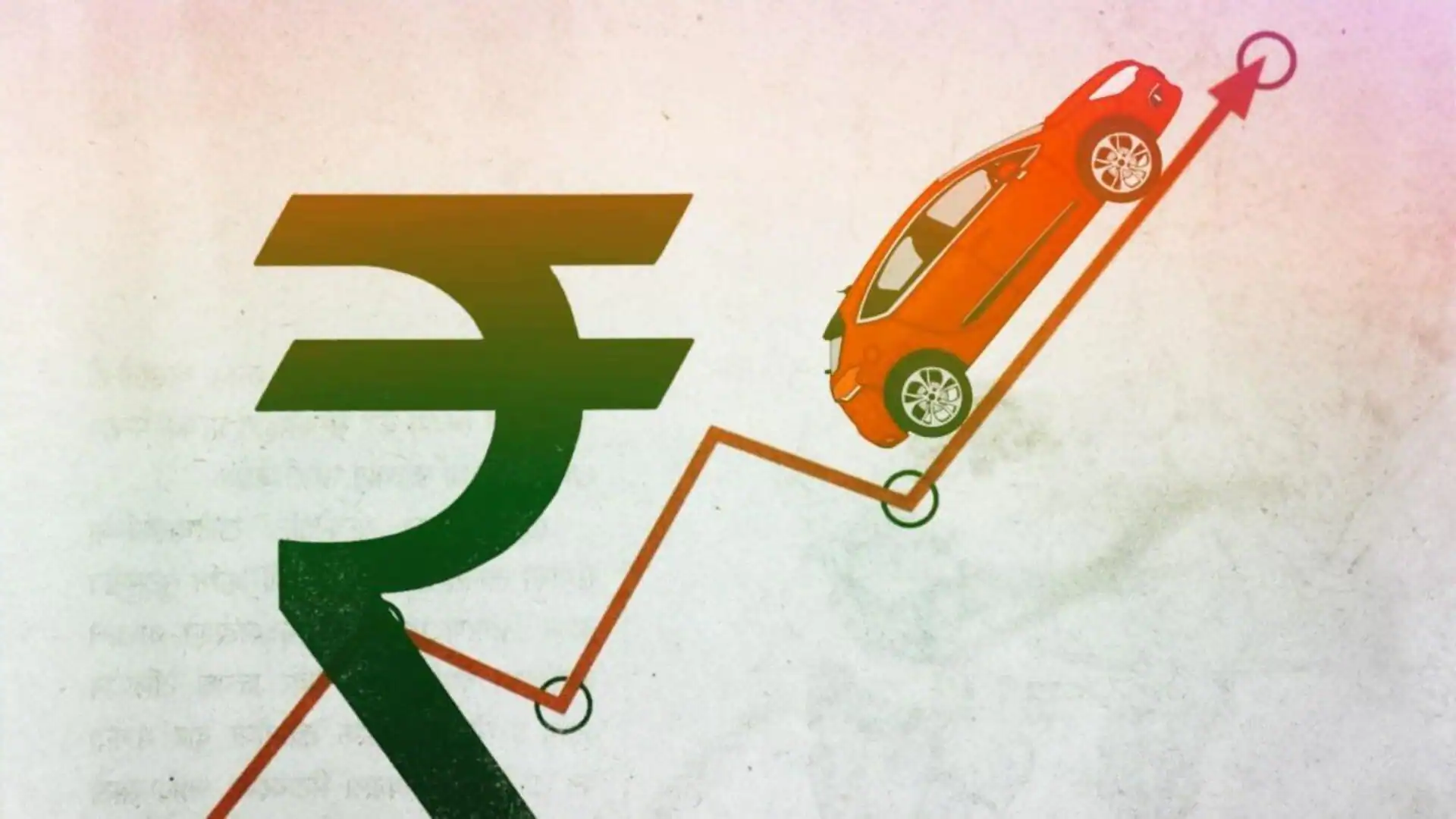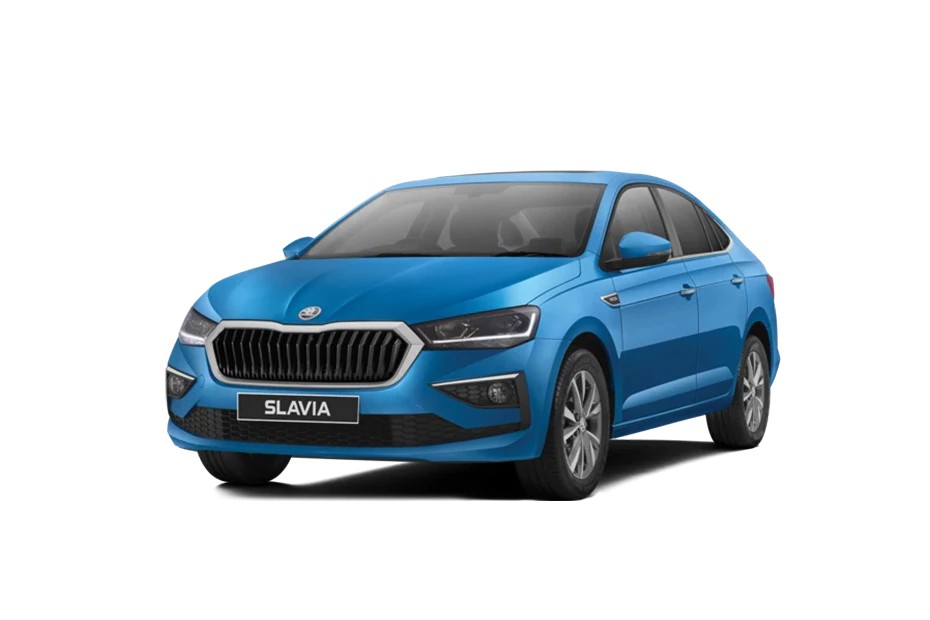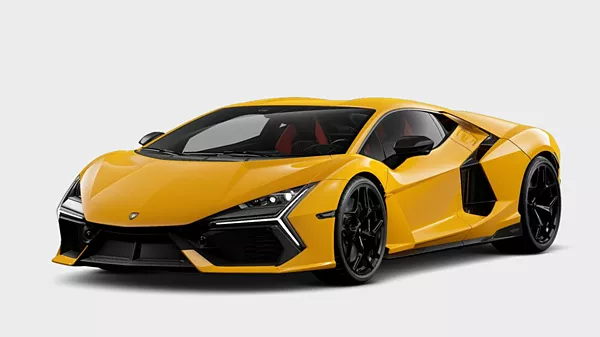Luxury Automakers Is All Set To Hike Price Upto 3% Due To Rising Material Costs
 Ishita Sharma 2024-11-26
Ishita Sharma 2024-11-26

According to updates soon, Mercedes-Benz India will revise ex-showroom prices on its cars and it is expected to rise by Rs 2 lakh to Rs 9 lakh.
For this hike in the price of luxury cars, the analysts believe the reasons are rising costs of raw materials, logistics, and currency fluctuations, and 3-5 % price hike is becoming a standard adjustment for the industry as a whole.
Due to rising inflation, higher material costs, and increased operating expenses, luxury car brands Mercedes-Benz India and BMW India have decided to raise the prices of all their models by up to 3 percent. The new prices will start from January 1, 2025.
Mercedes-Benz India Price Hike -
Mercedes-Benz India will increase the ex-showroom prices of its vehicles by Rs 2 lakh to Rs 9 lakh, depending on the model. This price hike will affect models like the GLC SUV and the luxury Mercedes-Maybach S 680 limousine. The company explained that the price increase is due to rising material costs, changing commodity prices, and higher logistics expenses. Although these costs have been rising for the past three quarters, Mercedes-Benz has been absorbing most of the pressure until now.
Santosh Iyer, managing director & CEO of Mercedes-Benz India, explained, "To ensure the sustainability of our business, we have decided for a nominal price correction. While we have been absorbing these cost pressures by optimising our operational costs, the overall bottom line is getting impacted due to the current challenges."
BMW Cars Price Hike -
BMW India has also announced a 3 percent price increase on all its models. This includes both locally produced cars like the BMW 2 Series, 3 Series, and 7 Series, as well as popular SUVs such as the BMW X1, X3, X5, and X7. The price hike will also apply to imported models, including the BMW i4, iX, and M-series cars.
BMW explained that the price increase is a response to rising input costs, inflation, and changing market conditions.
Analysts believe that a 3-5 per cent price increase is becoming a common adjustment across the industry due to the rising costs of raw materials, logistics, and currency fluctuations.
Anurag Singh, managing director of Primus, said, “The input costs for auto companies, especially luxury carmakers heavily reliant on imports, are rising due to the high import content and rising US Dollar. While December is traditionally a month for discounts, January typically sees price increases.”
Singh believes that a 3-5 per cent price hike is necessary for the industry to stay profitable in the current economic situation. He also noted that December is usually a month for discounts in the automotive market, which makes it challenging for manufacturers to implement price increases before the New Year.
Despite the price hikes, both Mercedes-Benz and BMW are trying to ease the impact on their customers by offering flexible financing options. These include lower interest rates, affordable monthly payments, and extended payment terms.
In addition, both companies are offering price protection to customers who book vehicles before the price increase takes effect in January 2025.
As inflation continues to impact the automotive sector, these price adjustments are likely to become a trend in the luxury car market in India. This could prompt other carmakers to follow suit with similar price increases.







.jpg)



.jpg)
.jpg)

.jpg)
.jpg)
.jpg)
